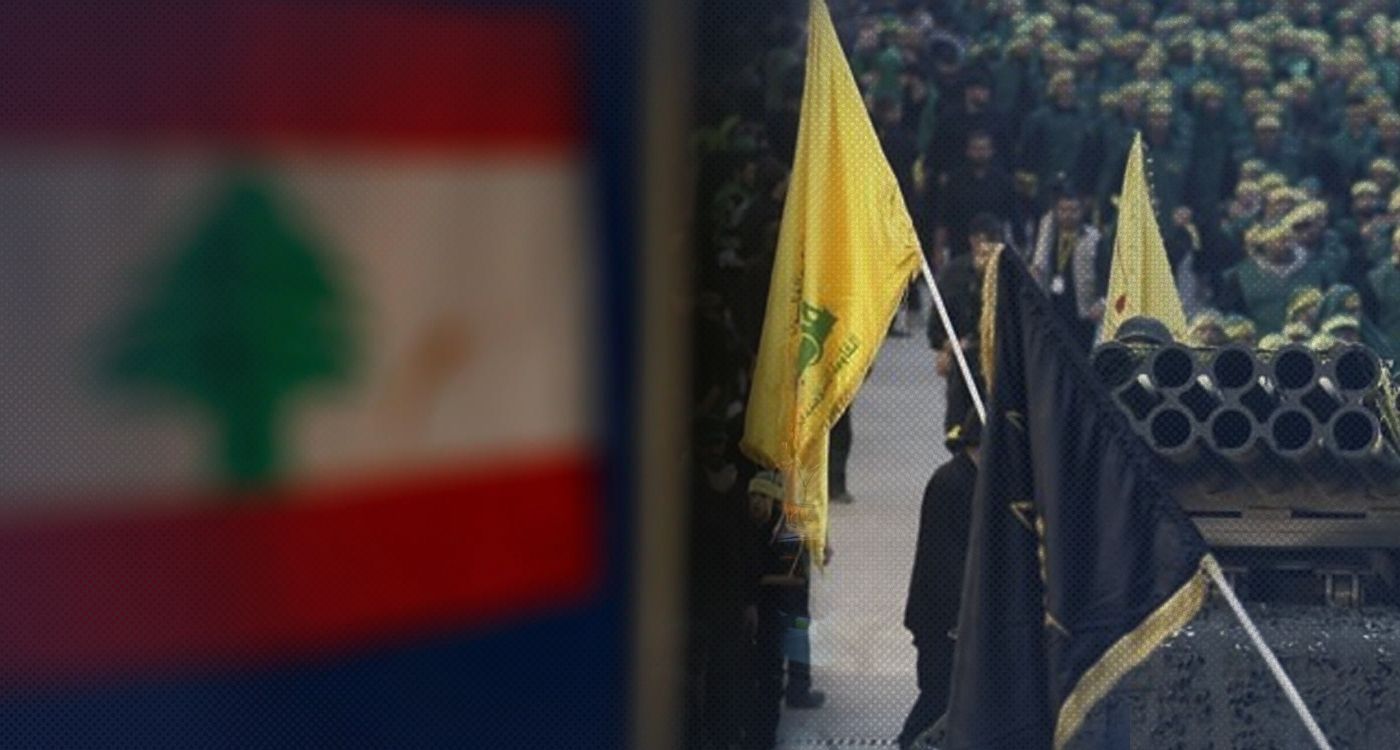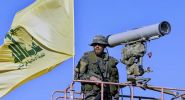
One might think that Hezbollah has a short memory. But no. It resorts to manipulation and counts on the very short memory of certain Lebanese who still see it as a protective shield because they do not want to – or dare not – face reality. They refuse to admit that if part of Lebanon is destroyed and if the Israeli army is present in certain parts of the south, it is because of Hezbollah.
Since the brief Israeli incursion on Thursday into the Wadi al-Houjeir nature reserve in southern Lebanon, we have witnessed a full-blown outcry from Hezbollah against Israeli actions in certain sectors of the border strip.
Members of parliament and figures close to the pro-Iranian group have no doubt seen in this incursion an unexpected opportunity to puff out their chests once again and resume their worn-out rhetoric about the “power of the resistance” and its “weapons serving Lebanon,” while, of course, blaming the Lebanese state for “not doing what is necessary to preserve Lebanese sovereignty.”
We know this: the raison d’être of the organization is at stake. So is Lebanon’s fate, which makes it appropriate to recall certain points. The practices being denounced are the direct consequences of Hezbollah’s actions and nothing else. Because without its war in support of the Palestinian Hamas, Israel would not have launched its destructive offensive against this group and would not have maintained a presence in the southern border area.
But Hezbollah will never admit this, as demonstrated by the speeches of its representatives. Its new leader, Naim Qassem, recently declared that “it does not matter how the war started” and that, according to him, “the focus should be on Israel’s expansionist projects.” The others practice an ostrich-like policy.
On Friday, one of its MPs, Hassan Fadlallah, speaking at a ceremony held in Beirut’s southern suburbs in memory of Hezbollah’s victims, criticized, with a mix of contempt, condescension and bravado, “all those who called on the international community and the Lebanese state to take charge of southern Lebanon, based on international resolutions.”
In his determination to defend the indefensible, the representative of the organization that still refuses to take responsibility for its destructive and harmful actions toward Lebanon took it upon himself to lecture the Lebanese state. “What we are witnessing today, the destruction and Israeli aggressions, prevailed only before the emergence of the resistance. […] The Lebanese state, the international ceasefire monitoring committee, UNIFIL and the Lebanese Army, as well as the states that sponsored the (ceasefire) agreement, have responsibilities to assume, which they are not currently fulfilling. […] We have never needed proof to show that resistance is a national necessity and that it is what protects (Lebanon) within the framework of the triad of army-people-resistance,” he said, expressing his indignation that “in thirty days, we have seen nothing of the international coverage that is supposed to protect Lebanon.”
Yet, if Lebanon needs protection, it is above all against Hezbollah, which has arrogated to itself the power to decide on war and peace, serving its Iranian patron to the detriment of Lebanese interests. Its practices have weakened the Lebanese state and isolated the country.
Fadlallah skillfully maintained uncertainty about “what the resistance is planning” in response to Israeli actions in southern Lebanon. He stated that “only its leadership is authorized to decide on this” and merely emphasized the need for increased political pressure.
In reality, this is the most that Hezbollah can do for now. Because with the ceasefire agreement it accepted, allowing Israel free rein in Lebanon until its military infrastructure is dismantled and the army is deployed in southern Lebanon, its room for maneuver is practically nonexistent. Unless it wants to drag Lebanon into a new war, which would this time deal the final blow to the country.
Diplomatic sources indicated to This is Beirut that for Israel, this post-war period is unlike any previous ones. Tel Aviv remains ready to intervene militarily if Lebanon fails to uphold its part of the agreement, but this time, it will come at the cost of the country’s destruction.
And Hezbollah is well aware of this, as the message has been conveyed to it several times and from multiple sources.




Comments